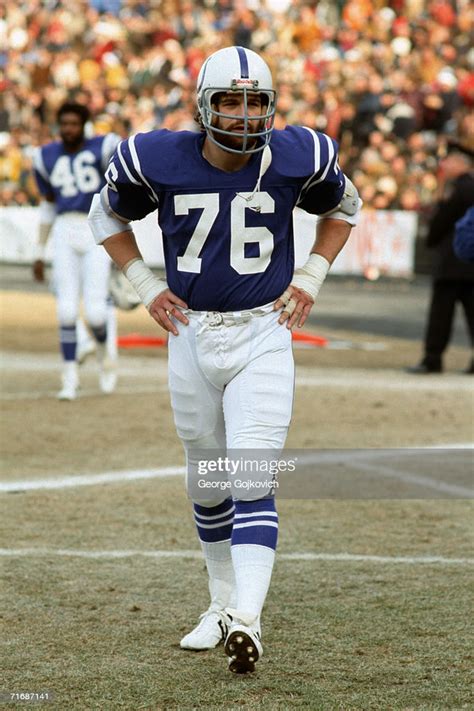A Quote by Jacqueline Novogratz
The only way we really create change is to enter any situation with the humility to listen and to recognize the world as it is, and then the audacity to dream what it could be, to have the patience to start and let the work teach you, to be willing to lead when you need to lead, and to listen. To have a sense of generosity and empathy, but not over-empathy, because accountability is so critical to building solutions that work.
Related Quotes
For the most part, people use "empathy" to mean everything good. For instance, many medical schools have courses in empathy. But if you look at what they mean, they just want medical students to be nicer to their patients, to listen to them, to respect them, to understand them. What's not to like? If they were really teaching empathy, then I'd say there is a world of problems there.
What I learned is, we have to listen to each other, even when we don't agree, even when we think we hate each other. We have to listen to each others narratives. Not interrupt defensively, or with hostility, but really try to open our hearts and listen with empathy. I learned so much from that meeting. It was a very difficult thing to do and it was one of the best things that I ever did in my life. Look what scares you in the face, and try to understand it. Empathy, I have learned, is revolutionary.
The myth of writer as, like, Asperger-style misanthrope, or, like, the Jack Nicholson, 'As Good As It Gets' - it just doesn't work, because writers, in order to write good characters, need to understand people. You need to understand your audience. You need to have so much empathy you could almost encourage empathy in others.
Kate Otto, like so many in her generation, is committed to being a good global citizen and doing her part to make the world a better place. Everyday Ambassador is a refreshing approach which encourages collaborative work with focus, empathy, humility and patience to better affect positive change in communities throughout the world.
Empathy is a human trait. But lots of humans exercise some traits more energetically than others. By "the usefulness of empathy" I mean the way in which a progressive might claim that empathy is a crucial aspect of any benign political system, and the way a conservative might argue that not only is it not necessary, but it might not even be all that helpful, in that regard.






























